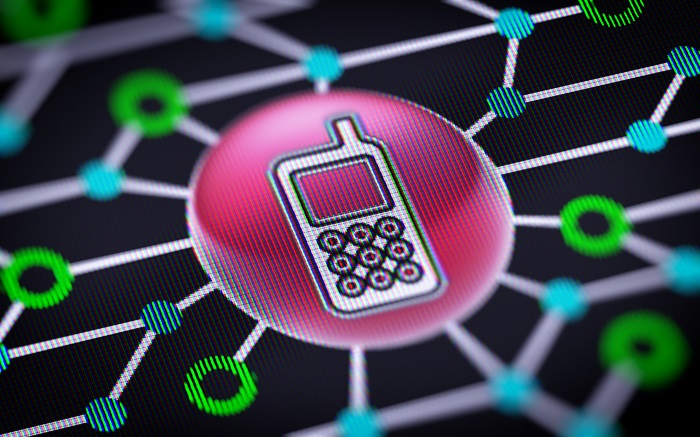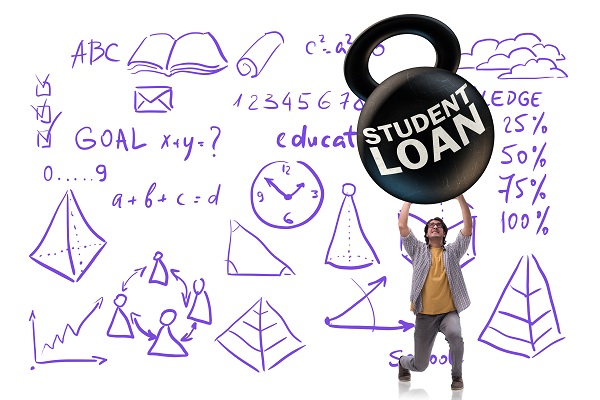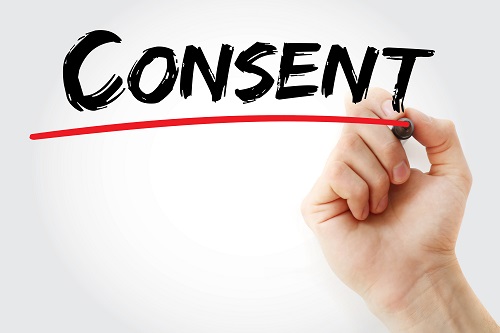It has been an extraordinary 365 days for consumer financial services law. I cannot recall a year where so many states introduced legislation or proposed regulations or rules impacting the credit industry. At the federal level, proposed rules for the Fair Debt Collection Practices Act were (finally) released and California also proposed regulations under the California Consumer Privacy Act.
Posts published in “TCPA”
The U.S. Court of Appeals for the Eleventh Circuit recently held that the receipt of one unwanted text message in alleged violation of the federal Telephone Consumer Protection Act was not enough to allege a concrete harm that meets the injury-in-fact requirement of Article III. In so ruling, the Eleventh Circuit noted that it was not persuaded by the Ninth Circuit’s opinion in Van Patten v. Vertical Fitness Group, LLC, 847 F.3d 1037 (9th Cir. 2017), which held that the receipt of two unsolicited text messages constituted an injury in fact. Accordingly, the Eleventh Circuit reversed the ruling of the…
The U.S. Court of Appeals for the Ninth Circuit recently reversed the dismissal of a putative class action under the federal Telephone Consumer Protection Act finding that the plaintiff adequately alleged that the defendant placed calls using an automated telephone dialing system. In so ruling, the Ninth Circuit joined with a similar ruling by the Fourth Circuit, and held that the TCPA’s exception for calls “made solely to collect a debt owed to or guaranteed by the United States” was incompatible with the First Amendment and severed the exception as an unconstitutional restriction on speech. A copy of the opinion in…
The U.S. Court of Appeals for the Ninth Circuit recently reversed a summary judgment award in favor of a student loan buyer, holding that triable issues of fact existed as to whether it had actual knowledge of or willfully ignored and thereby ratified the Telephone Consumer Protection Act (TCPA) violations of the debt collectors contracted by the owner’s servicer. A copy of the opinion in Henderson v. United Student Aid Funds is available at: Link to Opinion. The plaintiff received student loans through a federal program under which the owner of the loans “guarantees student loans made by private lenders and…
7th Cir. Upholds Denial of Class Certification in TCPA Cases Due to Individualized Issues of Consent

On a consolidated appeal for purposes of disposition, the U.S. Court of Appeals for the Seventh Circuit recently affirmed the trial courts’ rulings denying class certification to lead plaintiffs who received faxed advertisements that allegedly did not comply with the Telephone Consumer Protection Act and the Federal Communication Commission’s Solicited Fax Rule. In so doing, the Seventh Circuit, relying upon the D.C. Circuit’s 2017 decision in Bais Yaakov of Spring Valley v. FCC regarding the validity of the FCC’s 2006 Solicited Fax Rule, concluded that class treatment was not a superior mechanism for cases involving unsolicited faxes, as the question of…
The U.S. Court of Appeals for the Third Circuit recently held that the tolling doctrine set forth in American Pipe & Constr. Co. v. Utah does not apply where the named plaintiff in a failed class action commences a subsequent lawsuit outside the statute of limitations. In so ruling, the Court held that American Pipe only tolls the statute of limitations for unnamed members of the putative class. A copy of the opinion in Weitzner v. Sanofi Pasteur Inc. is available at: Link to Opinion. In April 2004 and March 2005, a doctor received two unsolicited faxes from a pharmaceutical company and…
The U.S. District Court for the Northern District of Illinois recently held that the defendant company did not use an automatic telephone dialing system (ATDS) because its phone system did not use a random or sequential number generator to store or produce phone numbers to be called. In so ruling, the Court reversed a prior order and now entered summary judgment in favor of the defendant company on the plaintiff’s alleged TCPA claim in light of ACA International v. FCC, 885 F.3d 687, 695 (D.C. Cir. 2018). A copy of the opinion in Johnson v. Yahoo! Inc. is available at:…
The U.S. Court of Appeals for the Ninth Circuit recently held that the term automatic telephone dialing system (“ATDS”), as defined by the federal Telephone Consumer Protection Act, includes devices that store telephone numbers to be called, “whether or not those numbers have been generated by a random or sequential number generator.” Accordingly, the Ninth Circuit vacated the trial court’s order dismissing the plaintiff’s putative class action asserting violations of the TCPA, 47 U.S.C. § 227, et seq. A copy of the opinion in Marks v. Crunch San Diego, LLC is available at: Link to Opinion. In 2012, the plaintiff signed up…
The U.S. Court of Appeals for the Eighth Circuit held that a plaintiff lacked standing to pursue an alleged violation of the Telephone Consumer Protection Act (TCPA) against a defendant that supposedly did not provide a proper opt-out notice in its advertisement faxes because the plaintiff invited and did not rebuke the faxes, and the faxes did not cause the concrete harm required to establish Article III jurisdiction. Separately, the Eighth Circuit reversed the dismissal with prejudice in this removed case, holding that the proper remedy when no case or controversy exists was to return the matter to the state…
Following the D.C. Circuit’s ruling in ACA Int’l v. FCC, the U.S. Court of Appeals for the Third Circuit recently held that an “automatic telephone dialing system” under the federal Telephone Consumer Protection Act must have the present or current capacity to store or produce telephone numbers using a random or sequential number generator, and to dial those numbers. A copy of the opinion in Bill Dominguez v. Yahoo, Inc. is available at: Link to Opinion. The plaintiff purchased a cellphone with a reassigned telephone number. The prior owner of the number subscribed to an email service provider’s “Email SMS Service,”…
In an unpublished opinion, the U.S. Court of Appeals for the Eleventh Circuit recently affirmed a trial court’s order denying an auto finance company’s motion to compel arbitration pursuant to the terms of a retail installment sales contract with a consumer. In so ruling, the Eleventh Circuit concluded that the consumer’s TCPA claims were an independent cause of action based on rights created under the TCPA, and not subject to the arbitration provision that only covered disputes arising from or related to the agreement or the motor vehicle collateral. A copy of the opinion in Hope Gamble v. New England…
The U.S. Court of Appeals for the Ninth Circuit recently held that calls from a survey company that received the called party’s contact information through an intermediary did not violate the federal Telephone Consumer Protection Action (TCPA) because the called party provided prior express consent. In so ruling, the Court held that “a party that receives an individual’s phone number indirectly may nevertheless have consent to call that individual,” and it did not matter that the defendant, rather than the entity that actually obtained the called party’s consent, placed the calls. A copy of the opinion in Fober v. Management and…









